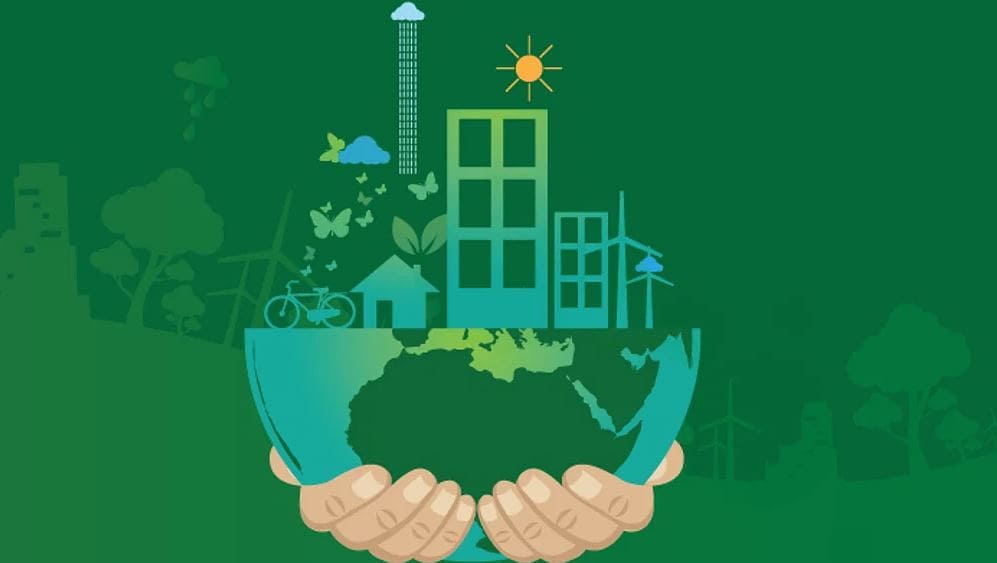Introduction
The global environment faces dire threats, with climate change and biodiversity loss growing more severe. Despite repeated warnings of the worsening state of the situation, collective global action to address environmental issues has been lacking. At this critical juncture, environmental conservation constitutes an urgent moral obligation and pragmatic priority for humanity. Environmental conservation demands immediate and intensive worldwide efforts encompassing biodiversity preservation, climate change mitigation, and sustainable resource management strategies for the benefit of present and future generations.
Preserving the Biodiversity
Biodiversity, defined as the richness and diversity of animal and plant species in their natural environments, underpins the healthy functioning of ecosystems globally. As detailed in a report on biodiversity, preserving biodiversity boosts ecosystem productivity, maintains genetic diversity, and strengthens ecological resilience.1 However, rampant deforestation and unchecked development continue destroying critical habitats and decimating species populations. Should this precipitous biodiversity loss persist, ecosystems will falter and will no longer be able to provide vital services like water filtration. Therefore, immediate efforts to establish protected conservation areas, restore degraded habitats, and enact sustainable policies represent imperative steps to preserve biodiversity and, by extension, the conservation of the global environment.
1. Denis Vasiliev, “The Role of Biodiversity in Ecosystem Resilience,” IOP Conference Series: Earth and Environmental Science 1072, no. 1 (2022): 4, https://doi.org/10.1088/1755-1315/1072/1/012012.

Mitigating Climate Change
Climate change mitigation constitutes a central pillar of environmental conservation efforts worldwide. As elucidated in a climate report, curbing deforestation and promoting reforestation help remove carbon dioxide from the atmosphere and store it in vegetation and soils.2 Beyond forests and wetlands, effective conservation entails transitioning to renewable energy, enhancing energy efficiency, and limiting fossil fuel emissions across sectors. Additionally, conservation practices reduce greenhouse gases and air and water pollutants harmful to ecosystems and public health. In summary, environmental conservation provides a proven, commonsense pathway on commitments to restrain global warming and curtail ecological damage from pollution for nations to follow.
2. Fang Wang et al., “Technologies and Perspectives for Achieving Carbon Neutrality,” The Innovation 2, no. 4 (2021): 9, https://doi.org/10.1016/j.xinn.2021.100180.
Sustainable Resource Management
Sustainable resource management constitutes a vital pillar of environmental conservation, ensuring that natural resources are used responsibly to meet present needs without compromising future generations. As substantiated by a review of sustainability initiatives globally, sustainable resource management entails measures like pursuing regenerative agriculture to maintain soil health and implementing integrated water resource management.3 Without concerted efforts to manage resources sustainably, humanity risks crossing ecological tipping points and experiencing crises of overexploited lands, collapsed fisheries, and water scarcity. In essence, sustainable resource management is an indispensable component of environmental conservation that enables long-term economic development and human well-being.
3. Ravjit Khangura, David Ferris, Cameron Wagg, and Jamie Bowyer, “Regenerative Agriculture: A Literature Review on the Practices and Mechanisms Used to Improve Soil Health,” Sustainability 15, no. 3 (2023): 1, https://doi.org/10.3390/su15032338.
Conclusion
Environmental conservation constitutes an urgent moral and practical imperative for humanity today to secure our collective future through elucidated efforts that must focus on preserving biodiversity, mitigating climate change, and managing resources sustainably to maintain the integrity of global ecosystems. Through protected areas, reduced emissions, and responsible resource use, we can preserve the planet’s ecological heritage and safeguard the well-being of both current and future generations. The time for action is now to implement comprehensive conservation policies and practices globally before it is too late. Delaying or diluting conservation efforts at this critical juncture for the environment will have profound and potentially irreversible consequences worldwide.
Bibliography
Khangura, Ravjit, David Ferris, Cameron Wagg, and Jamie Bowyer. “Regenerative Agriculture: A Literature Review on the Practices and Mechanisms Used to Improve Soil Health.” Sustainability 15, no. 3 (2023): 1–41. https://doi.org/10.3390/su15032338.
Vasiliev, Denis. “The Role of Biodiversity in Ecosystem Resilience.” IOP Conference Series: Earth and Environmental Science 1072, no. 1 (2022): 1–8. https://doi.org/10.1088/1755-1315/1072/1/012012.
Wang, Fang, Jean Damascene Harindintwali, Zhizhang Yuan, Min Wang, Faming Wang, Sheng Li, Zhigang Yin, et al. “Technologies and Perspectives for Achieving Carbon Neutrality.” The Innovation 2, no. 4 (2021): 1–26. https://doi.org/10.1016/j.xinn.2021.100180.


